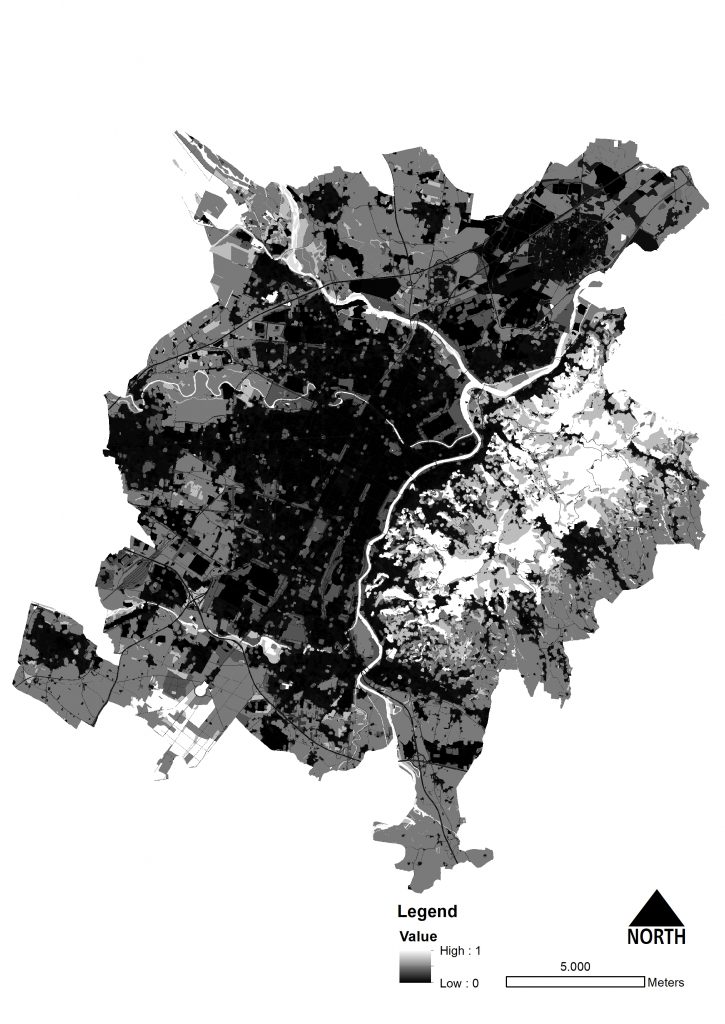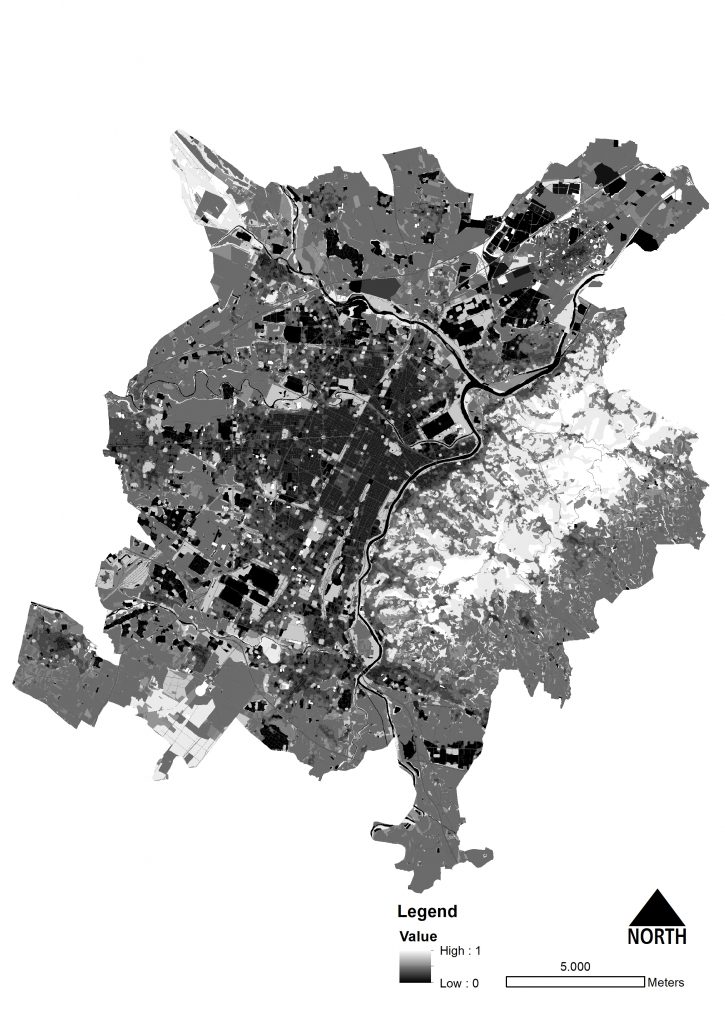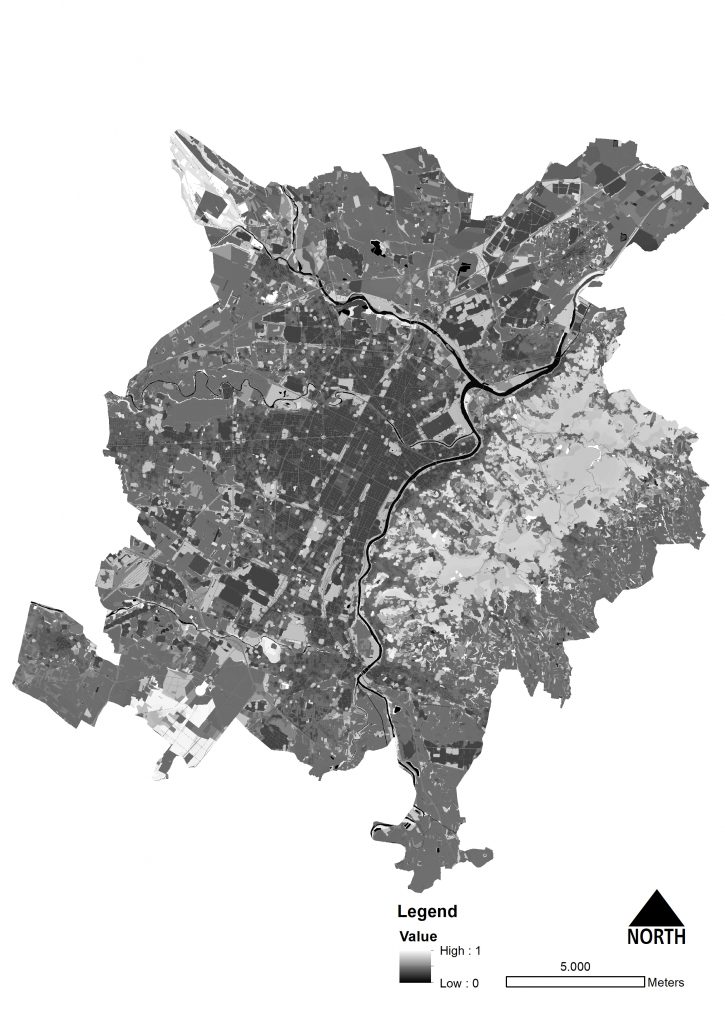Stefano Salata, Oscar Borsato



Introduction
Communications will be structured around a few practical guidelines on ES mapping and the utilization of GIS to implement environmental planning at the landscape/local scale.
Communications are practical (no more than 40 min), with a few theoretical concepts, assuming that all interested researchers know the theoretical debate around ES and want to understand which techniques are available to map ES, and how to use GIS functions to create maps, overlays and composite indicators on multiple ES.
While doing the course, we are launching the first web-space on “Urban Policies” freely organized by Researches, so your feedback will be basically used to design step by step the communications. Our approach is “incremental”, meaning that we will divide the online communications in “modules” and at the end of each module, we’ll ask you to give us your feedback.
Knowledge is made by experience… meaning that we communicate what we learn while studying and practising ES mapping and environmental planning in our real life.
Each Researcher can deepen the arguments with other sources, and we think we can suggest arguments, literature and other practical information related to each communication.
The Organization
Actually, communications are self-voluntary and open (without any cost of participation) therefore we don’t release certificates of attendance or diplomas (something like this). You can decide whether or not following the lessons.
Each communication will be uploaded at our web-page. Once inscribed, you will get safe access to the web platform, where you can follow the virtual communications. Since the course is opened to all around the world researchers, we think that we can manage the 90% of communications with pre-registrations while uploading the registered communications to our web site (despite the wants/needs of a plenary communication in presence, in this case, we have to organize the suitable timing for all participants). You will be free to go on our website and follow the communications according to your availability and timing (we still insist that this is not an academic offer but a voluntary and self-organized online space of dialoguing with researchers).
Please, keep in mind that it is not allowed to download communications or share the communications privately. We are aware that you can manipulate the contents, share improperly, share by YouTube or something else. We trust in your honesty and in your self-acceptance of this few simple rules. If something goes wrong, we’ll close the initiative and stop. So it is up to you respect the rules. If new researchers want to joint this first experimental initiative, they can simply write their willingness to participate at the organizers (see contacts), and we’ll provide the password to our website.
We will use ResearchGate and our new “Urban Policies” group in Facebook (plus other social networks) as a platform to communicate the initiative.
We hope you’ll find in this initiative all the practical notions that you were not able to understand in your ordinary research (in a free and easy-to-comprehend way).
We have a Book that basically structures the course: “Ecologically-Compatible Urban Planning: Designing a Healthier Environment” (Salata, 2019)